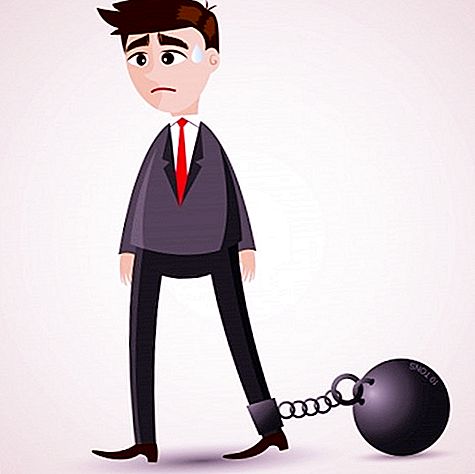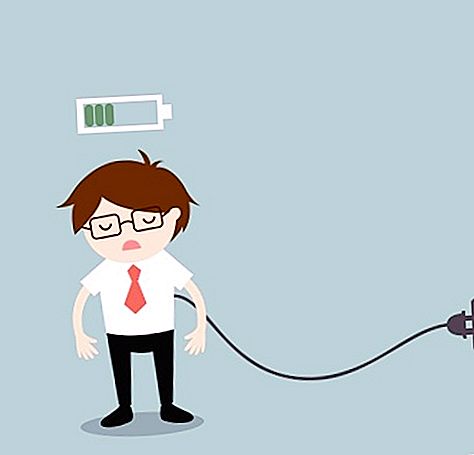A person working in a team shows a coefficient of performance much less than if he worked on his own. And this does not depend on the complexity of the task.

Have you ever noticed that when you perform a task with someone in a pair, you are not giving your best? At a time when you must cope with a different kind of task yourself, you are doing everything possible in your power and even more. This is not an accident, this behavior has its own explanation. Such behavior is defined in the scientific world as social laziness, or the Ringelman effect.
What is it and who is Ringelman? It's simple, Ringelman is a French psychologist who about a hundred years ago conducted a series of psychological experiments on people. The purpose and task of which was to prove that a person working in a team shows a coefficient of performance much less than if he worked himself. And this does not depend on the complexity of the task.
Many years ago an interesting experiment was conducted, for this they took a group of people, the so-called experimental. They were tasked with raising the maximum number of kilograms they could. After that, people were divided into pairs and they had to do the same, but in pairs. The results of the experiment shocked scientists. The more people in the group, the less weight each of them could lift in comparison with the result when they worked on their own. This effect was called social laziness.
Explaining human behavior is very simple. For if a person works on his own, then he has no one to rely on and he gives all his best, working on the result. But if a person works in a team, then his logic is very different from the logic of independent work. Working in a team, a person counts on others, on the fact that someone will do something for him, that he will succeed not to finish or to give all his best. And no one will notice that he is phyllitic or does not modify.
When the number of participants in the group was increased, the achievement rate of each fell. Therefore, teams from large groups of people hinder the personal development of the individual and do not always positively affect the result as a whole. This is how the human psyche works. Sometimes, in order to achieve maximum results, the bosses should not group their employees, otherwise they relax on the contrary. This is how life works, there are many parasites in the team who do not work, but are skillfully able to pretend to be active. While someone really work hard, but his work is not noticed and often not appreciated.

No social technology, training, or attitude can break human thinking. Managers should take this factor into account in their work and draw conclusions that in the group the personal coefficient of employee capabilities decreases.
